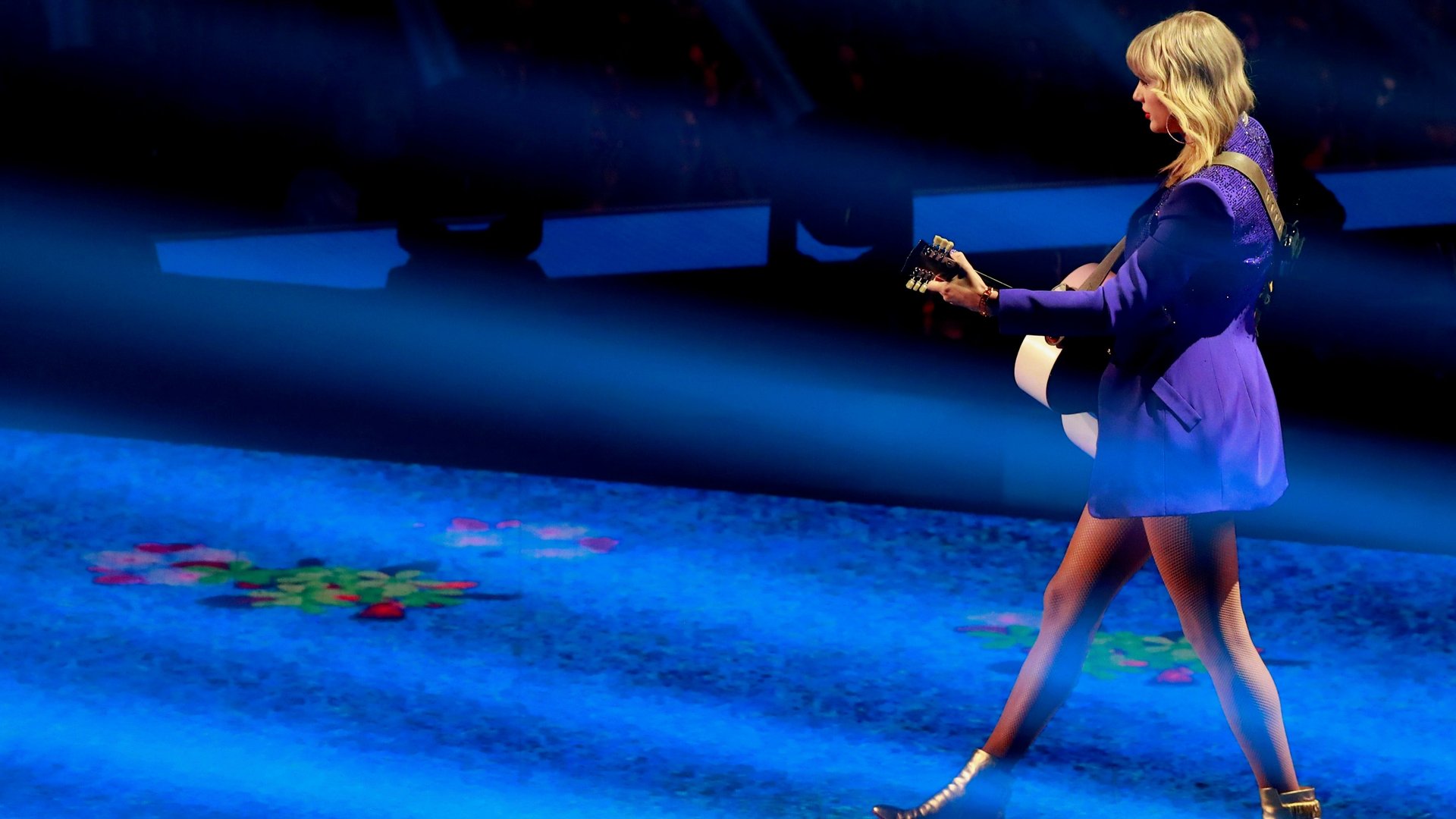Copyright case against Taylor Swift revived, at least that’s what people say
Pop goddess Taylor Swift was last year blessed with good fortune in court. She managed, in its early stage, to shake off a copyright case claiming she lifted some lyrics in her song “Shake It off.” But today, Swift’s luck ran out, at least for now. It seems players are indeed going to play, insofar as it comes to this case.


Pop goddess Taylor Swift was last year blessed with good fortune in court. She managed, in its early stage, to shake off a copyright case claiming she lifted some lyrics in her song “Shake It off.” But today, Swift’s luck ran out, at least for now. It seems players are indeed going to play, insofar as it comes to this case.
The plaintiffs, Sean Hall and Nathan Butler, had alleged that Swift illegally copied a six-word phrase and a four-part lyrical sequence from their band 3LW, and its 2001 song “Playas Gon’ Play.”
The chorus of the plaintiffs’ song includes the lyrics, “Playas, they gonna play / And haters, they gonna hate / Ballers, they gonna ball / Shot callers, they gonna call.” The copyright owners alleged that at the time “playas” and “haters” was a “completely original and unique” lyrical combination.
Swift’s 2014 single “Shake It Off” included the lyrics, “Cause the players gonna play, play, play, play, play / And the haters gonna hate, hate, hate, hate, hate.”
The lower court dismissed the copyright claim in a punny and lyrical decision last year, noting various uses of the words “player,” “playa,” “hater,” and “hata,” and combinations thereof, published prior to 2001. The court held that, even if Swift copied the phrasing of the earlier tune, the offending lyrics “constituted a short phrase that was insufficiently creative or original to warrant copyright protection.”
But the appeals court ruled today that the judge had been too swift in its dismissal.
Originality is a question of fact and not law. Yet the lower court judge found for Swift on the basis of legal filings alone, before a trial could be held to develop the facts and with no jury to weigh the evidence and reach a conclusion.
“The district court dismissed the complaint based on a lack of originality in the pertinent portions of Hall’s work,” the appeals court states. Yet Hall’s complaint plausibly alleged originality and the judge was wrong to find that short phrases must be more creative than the lyrics at issue here to qualify for copyright protection, it held.
Citing 1903 precedent about originality in illustrations, the appeals court warned against judges relying on their personal judgment in matters of art and culture, explaining:
It would be a dangerous undertaking for persons trained only to the law to constitute themselves final judges of [a work’s] worth … At the one extreme, some works of genius would be sure to miss appreciation. Their very novelty would make them repulsive until the public had learned the new language in which their author spoke … At the other end, copyright would be denied to [works] which appealed to a public less educated than the judge…And the taste of any public is not to be treated with contempt.
The appeals court chided the district court for making itself “the final judge of the worth of an expressive work” and reversed the hasty dismissal, putting the copyright case Swift just can’t shake back in play.